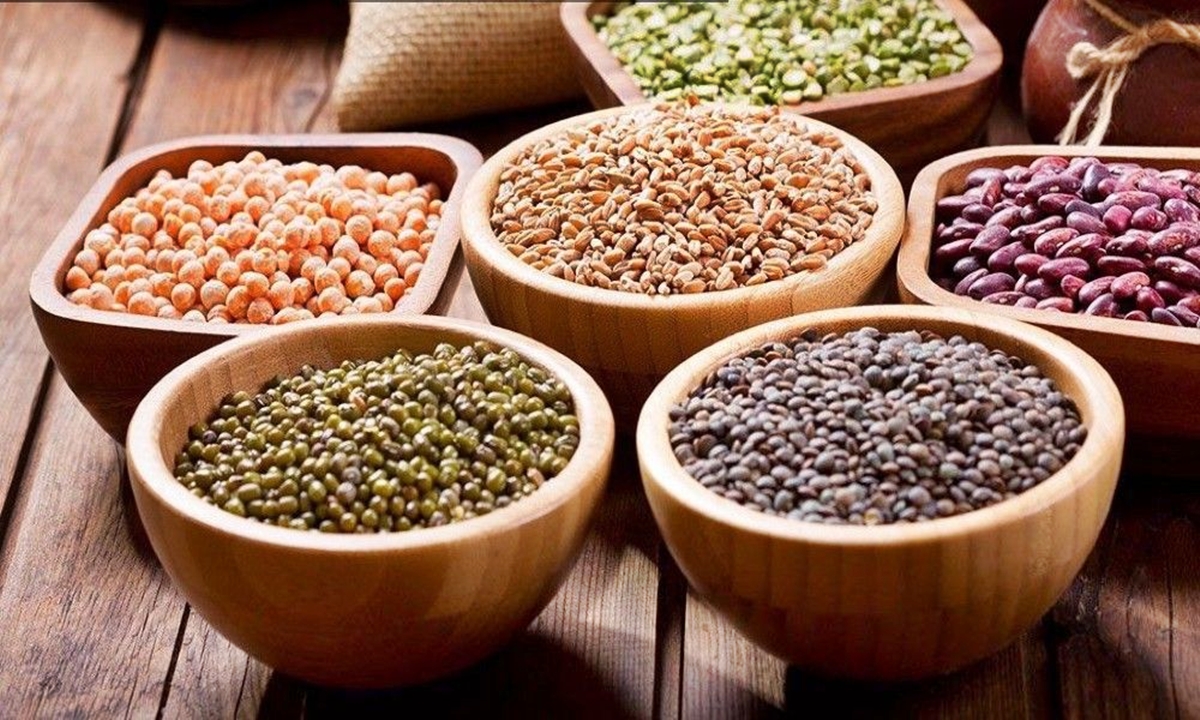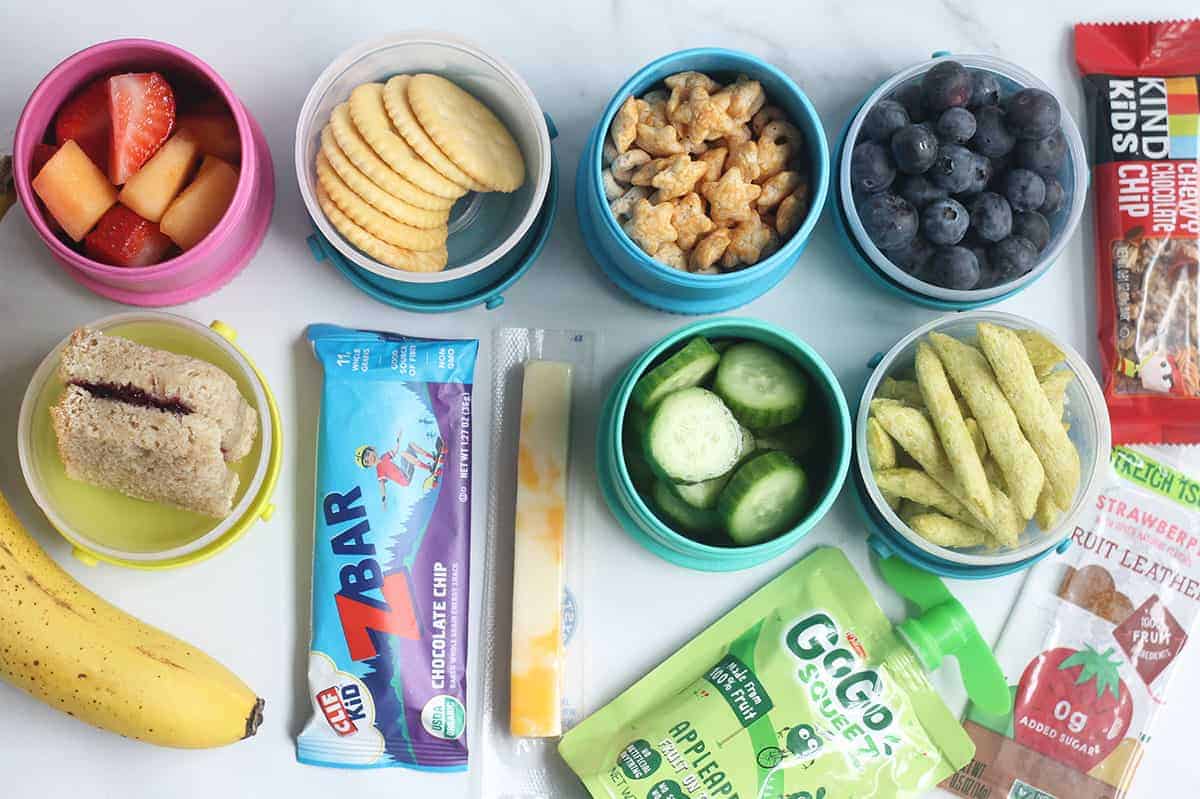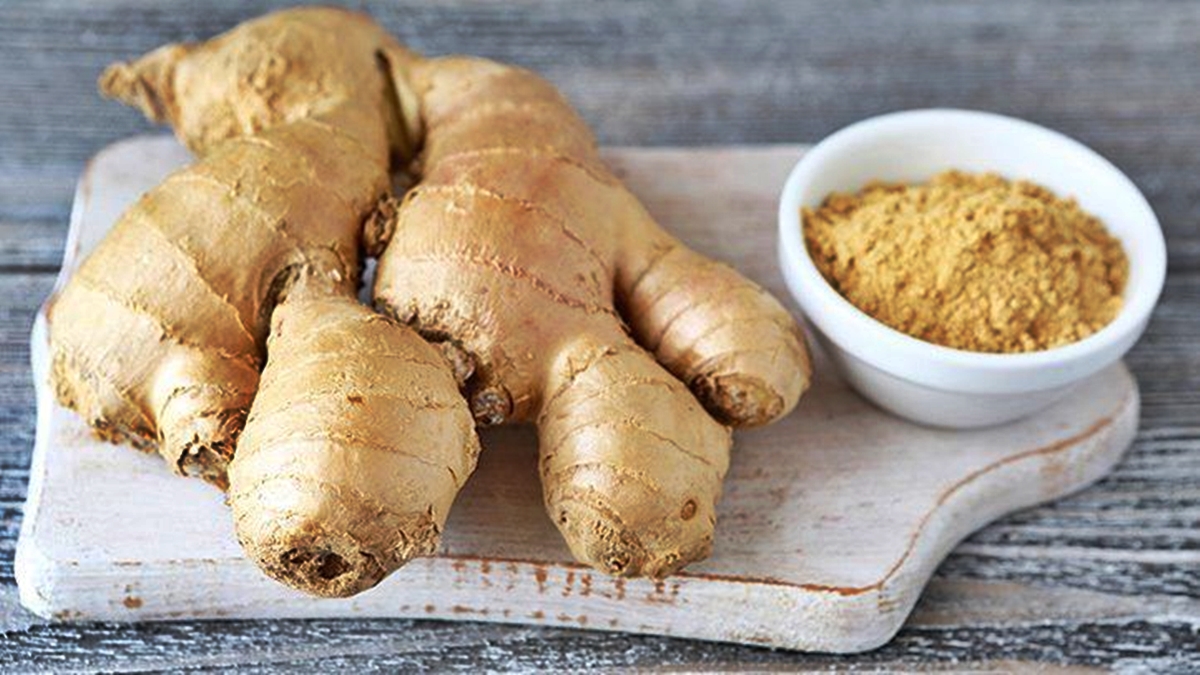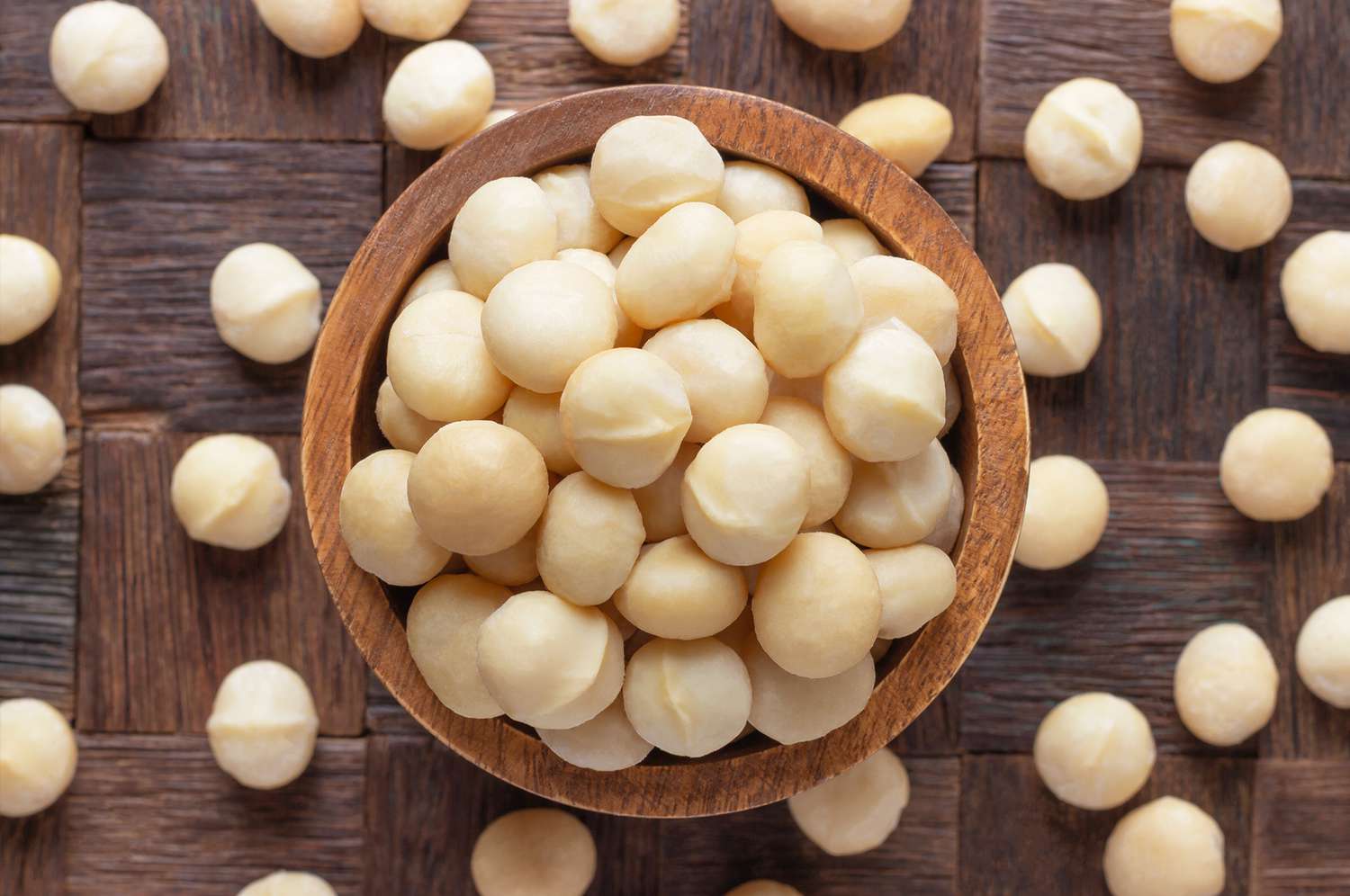Top 5 Health Benefits Of Frozen Fruit And Vegetables
Fruit and vegetables are an essential part of a healthy diet. They provide us with essential nutrients, vitamins, and minerals that support our overall well-being. While fresh produce is often touted as the best option, frozen fruit and vegetables have their own set of advantages. In fact, they can be a convenient and nutritious alternative, especially when fresh produce is not readily available. Let’s explore the top 5 health benefits of frozen fruit and vegetables.
1. Retains Nutritional Value
Contrary to popular belief, frozen fruit and vegetables can retain their nutritional value. Since they are picked at their peak ripeness and quickly frozen, they can lock in essential vitamins and minerals. The freezing process helps to preserve their nutrient content, ensuring that you still benefit from their goodness even after months in the freezer.
2. Convenient and Cost-Effective
Frozen fruit and vegetables offer convenience that fresh produce sometimes lacks. They are available year-round and don’t require any time-consuming preparation, such as peeling or chopping. This makes them a time-saving option, especially for busy individuals. Additionally, frozen options tend to be more cost-effective, as they often come in larger quantities and can be stored for a longer time.
3. Longer Shelf Life
One of the main advantages of frozen fruit and vegetables is their extended shelf life. They can be stored in the freezer for months without losing their quality. This ensures that you always have access to nutritious produce, even if you can’t make regular grocery store trips or live in an area where fresh options are limited.
4. Versatility in Cooking
Frozen fruit and vegetables are incredibly versatile in cooking. They can be easily incorporated into a variety of dishes, such as smoothies, soups, stir-fries, and casseroles. Their pre-cut and pre-packaged nature makes them a convenient addition to any recipe. Plus, their frozen state won’t affect the taste or texture of your culinary creations.
5. Nutritional Value Throughout the Year
When certain fruits and vegetables are out of season, frozen options can be a great way to still enjoy their nutritional benefits. Frozen produce is picked at its peak ripeness and flash-frozen, locking in key nutrients. This means that even during the off-season, you can continue to enjoy the health benefits of your favorite fruits and vegetables.
While fresh produce is undeniably enticing, frozen fruit and vegetables should not be overlooked. They provide a plethora of health benefits, including retained nutritional value, convenience, longer shelf life, cooking versatility, and year-round access to essential nutrients.
Next time you find yourself in the freezer aisle, embrace the power of frozen produce and give it a try. Your body will thank you for it!
Was this page helpful?
Read Next: Top 19 Healthy Sauces To Have With Roasts











